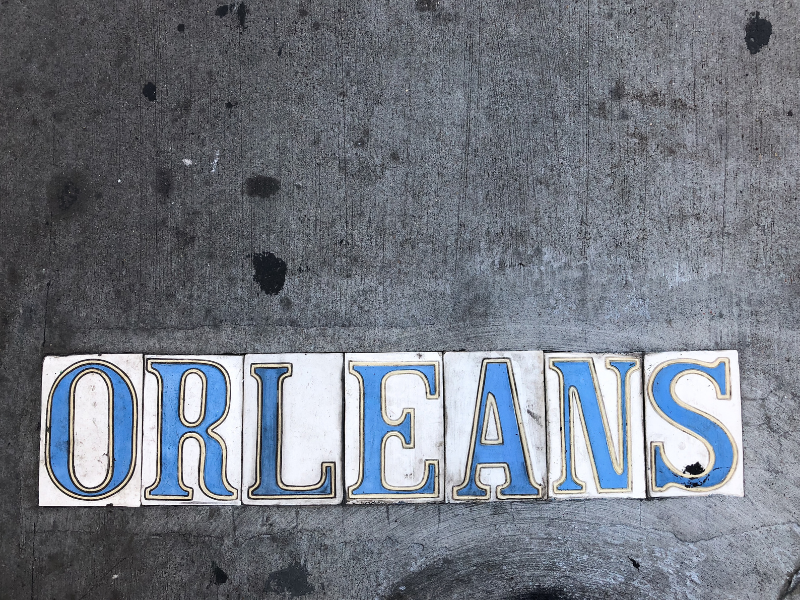Tulane Public Health Faculty Contribute to Landmark “New Orleans at 20” Series
On the 20th anniversary of Hurricane Katrina, The Data Center has released its New Orleans Index at 20 series, a collection of in-depth analyses examining the city’s progress and challenges in the two decades since the storm. Designed to inform policymakers, civic leaders, and residents, the series highlights the ways disaster recovery, resilience, and equity continue to shape the region.
Three faculty members from the Celia Scott Weatherhead School of Public Health and Tropical Medicine at Tulane University played a key role in this important project, contributing research that underscores how public health is central to disaster preparedness and response.
Dr. Caryn Bell, associate professor in the Department of Social, Behavioral, and Population Sciences, authored the report Health as Resilience Capacity in New Orleans: The Critical Role of Community-Based Collaborations. Her analysis highlights how strong community networks and partnerships help neighborhoods withstand and recover from crises, from hurricanes to public health emergencies. Bell emphasizes that health is not only an outcome but also a form of resilience capacity—one that requires investment in both medical systems and community-led organizations.
Dr. Nancy Mock, professor of international health and sustainable development, and Dr. Thomas LaVeist, dean of the school, co-authored Institutional and Community Resilience: Lessons from Katrina and COVID-19, along with collaborators from Tulane and other universities. Their work explores how institutions, including health systems and universities, partnered with communities to navigate disaster recovery and how those partnerships were tested again during the COVID-19 pandemic. The report provides critical insights into what resilience looks like at both the community and institutional levels—and what must be done to strengthen it going forward.
Together, these contributions illustrate how public health is inseparable from disaster preparedness and response. Hurricanes, pandemics, and climate-driven events all disproportionately impact vulnerable populations, magnifying existing inequities. Public health professionals not only respond to these crises but also work proactively to build resilience before disasters strike—through equitable health systems, community trust, and cross-sector collaboration.
The “New Orleans at 20” series offers both reflection and a roadmap: a reminder of the progress the city has made since 2005, and a call to action to ensure resilience is inclusive, sustainable, and grounded in health equity. The participation of Tulane faculty in this work underscores the school’s longstanding role as a leader in public health research and its commitment to preparing communities—locally and globally—for the challenges of the future.

